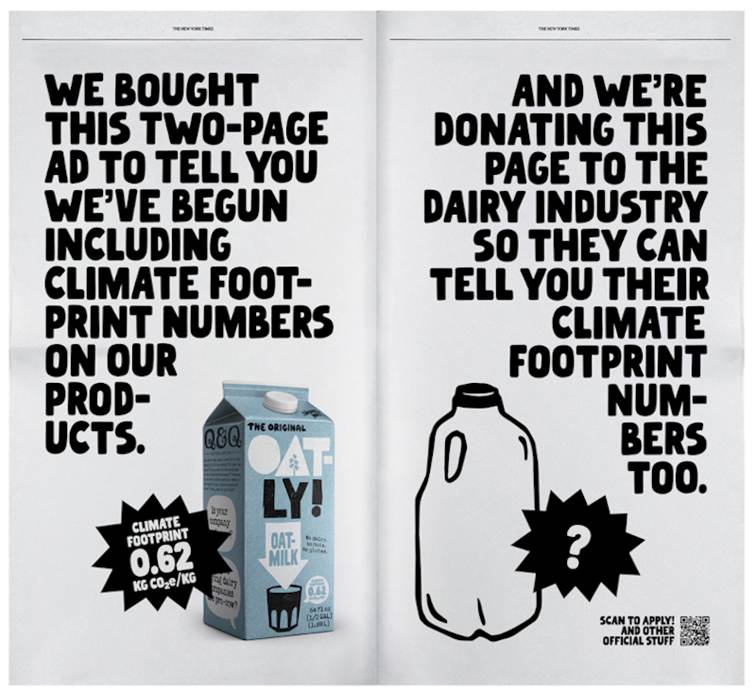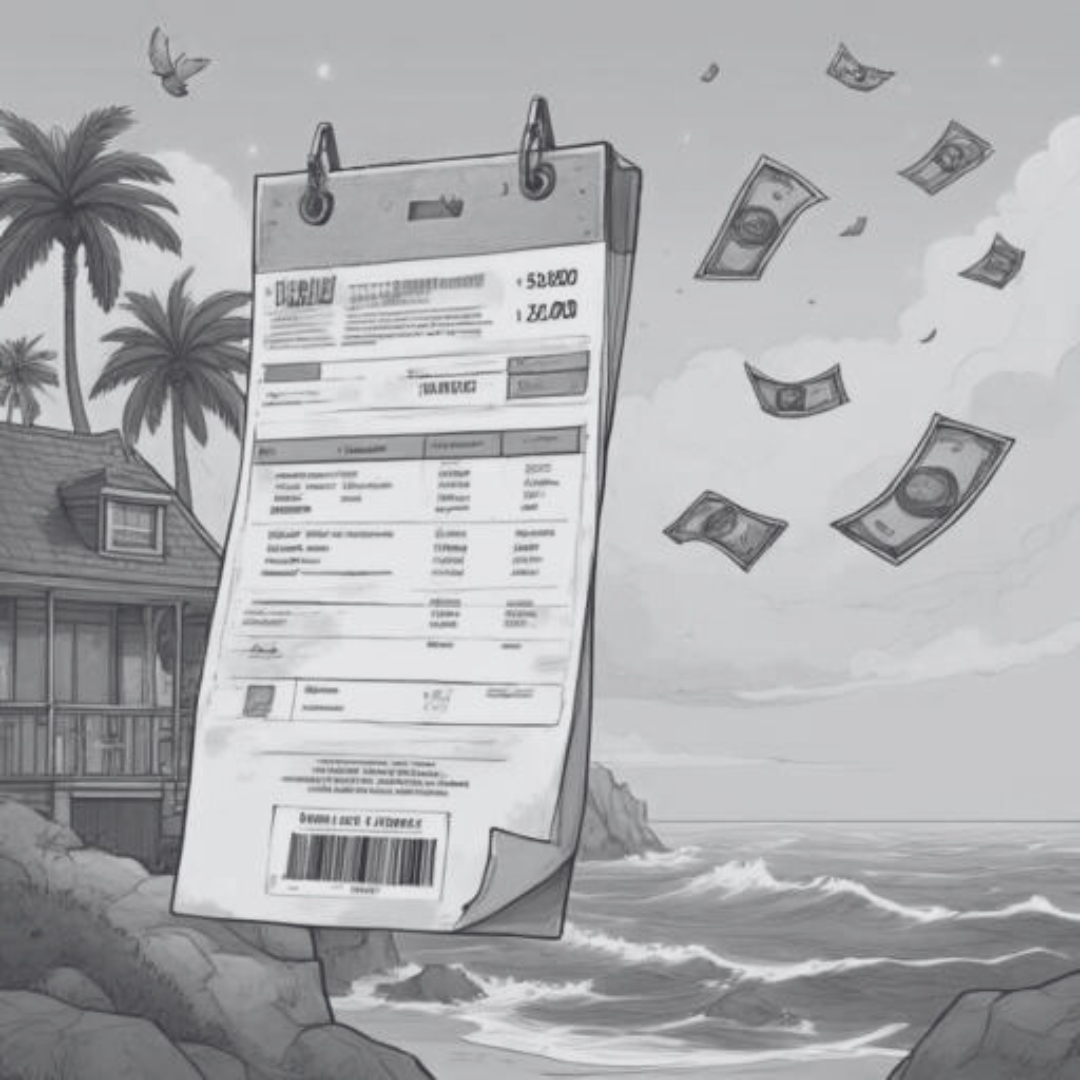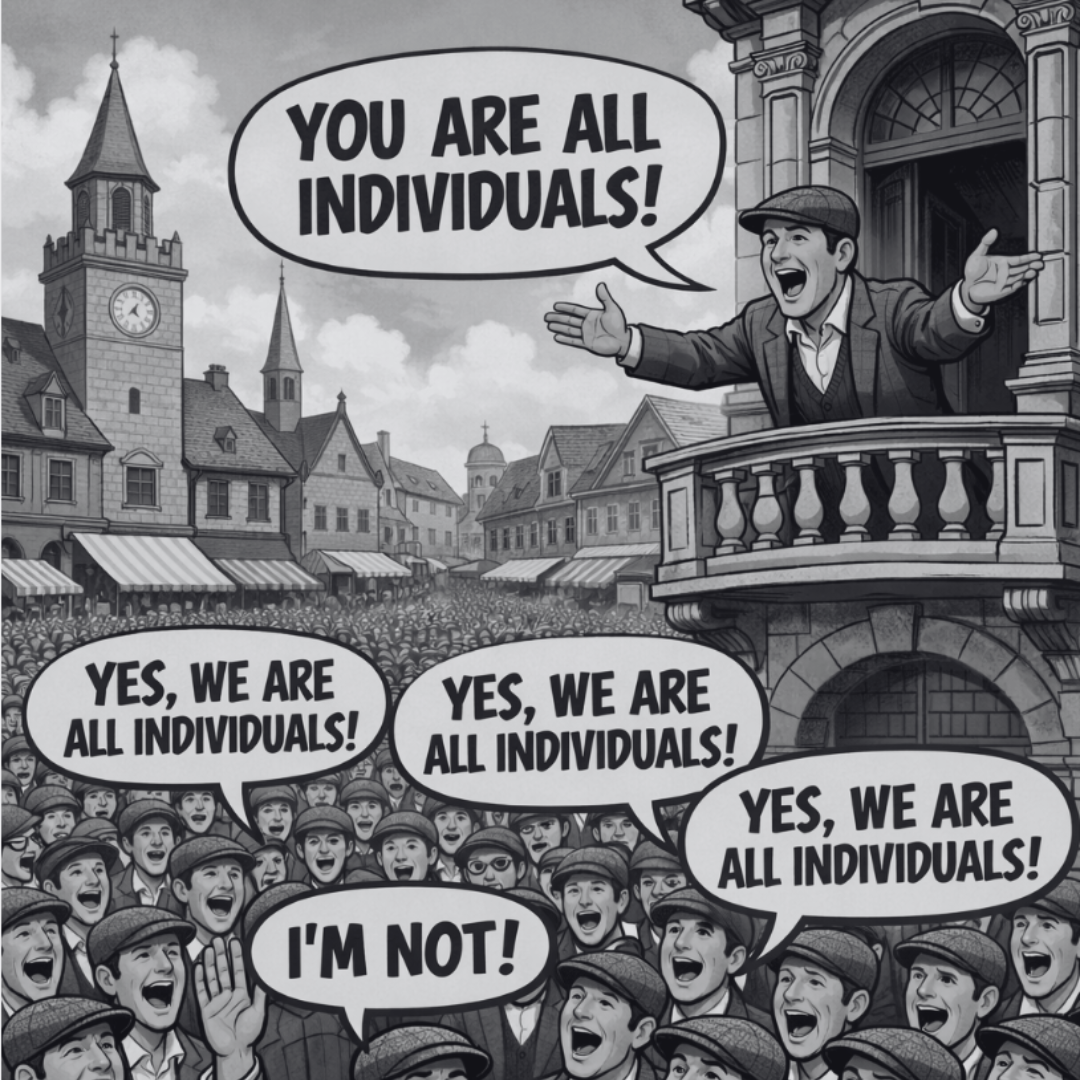
Greenhushing: Why Silence Can Undermine Trust
Greenhushing Won't Protect Your Brand
The EU's proposed Green Claims Directive—currently on pause—has already sent ripples through the world of place marketing. The message is clear: terms like eco-friendly, green, or sustainable will soon need to be backed by hard evidence. For some destinations, this has triggered a tactical retreat—choosing silence over scrutiny. This is what's now known as greenhushing.
But let's be clear: greenhushing won't protect your brand. It might, in fact, do the opposite.

As the whitepaper The Score is Not the Story points out, "Integrity should not lead to invisibility." Yet that's the risk when destinations that are doing the hard work stay quiet for fear of backlash, imperfection, or legal exposure. When responsible actors go silent, they leave space for louder—and often less credible—voices to dominate. The paper warns: this creates "a system where only those who can afford time and budget to be visible get to be recognised."
FMCG Lesson: Oatly vs. Everyone Else
Consider the FMCG sector. Oatly, the Swedish oat milk brand, has made its environmental impact—warts and all—central to its brand identity. While others in the dairy-free category cautiously avoid specific claims, Oatly took the risk of being transparent, publishing its carbon footprint on each carton. The result? Loyalty, visibility, and trust—even amid criticism.
In this ad, Oatly does two things exceptionally well:
First, it shows leadership by inviting other brands in the dairy industry to join them in disclosing their climate footprints. Second, it reframes the conversation—not as a competition over who has the lowest number, but as a call for transparency.

Greenspeakers vs. Greenhushers: The New Sustainability Divide
The point isn't that the brand with the smallest footprint automatically wins the customer. It's that the brand willing to be open and honest earns trust. And as environmental concerns become increasingly important to consumers, that trust matters more than ever.
Some household-name brands have faced accusations of greenwashing, prompting a new trend: greenhushing, and going quiet. But when those companies stopped sharing altogether, they didn't regain trust—they just lost relevance.
The lesson is the same for destinations: you can't build trust on silence.
What can marketers do for their place?
As Randy Durband of the Global Sustainable Tourism Council puts it, "What really works in marketing sustainability is talking about specific elements... When you talk about locally sourced food... that resonates." The answer isn't hype. It's honest, specific storytelling.
If you're doing the work—say so. Say it clearly, humbly, and truthfully. You don't have to be perfect. You have to Be real.
Place Generation captured their reflections in a whitepaper: The Score is Not the Story, produced by CityDNA in partnership with Simpleview/Granicus to share with other cities.



